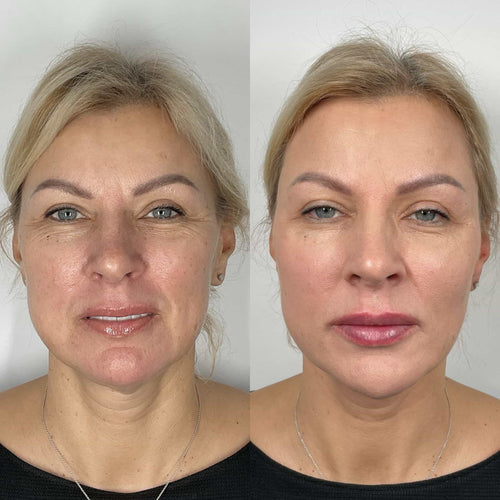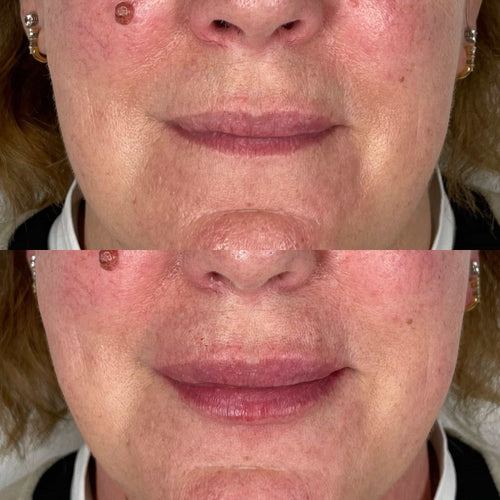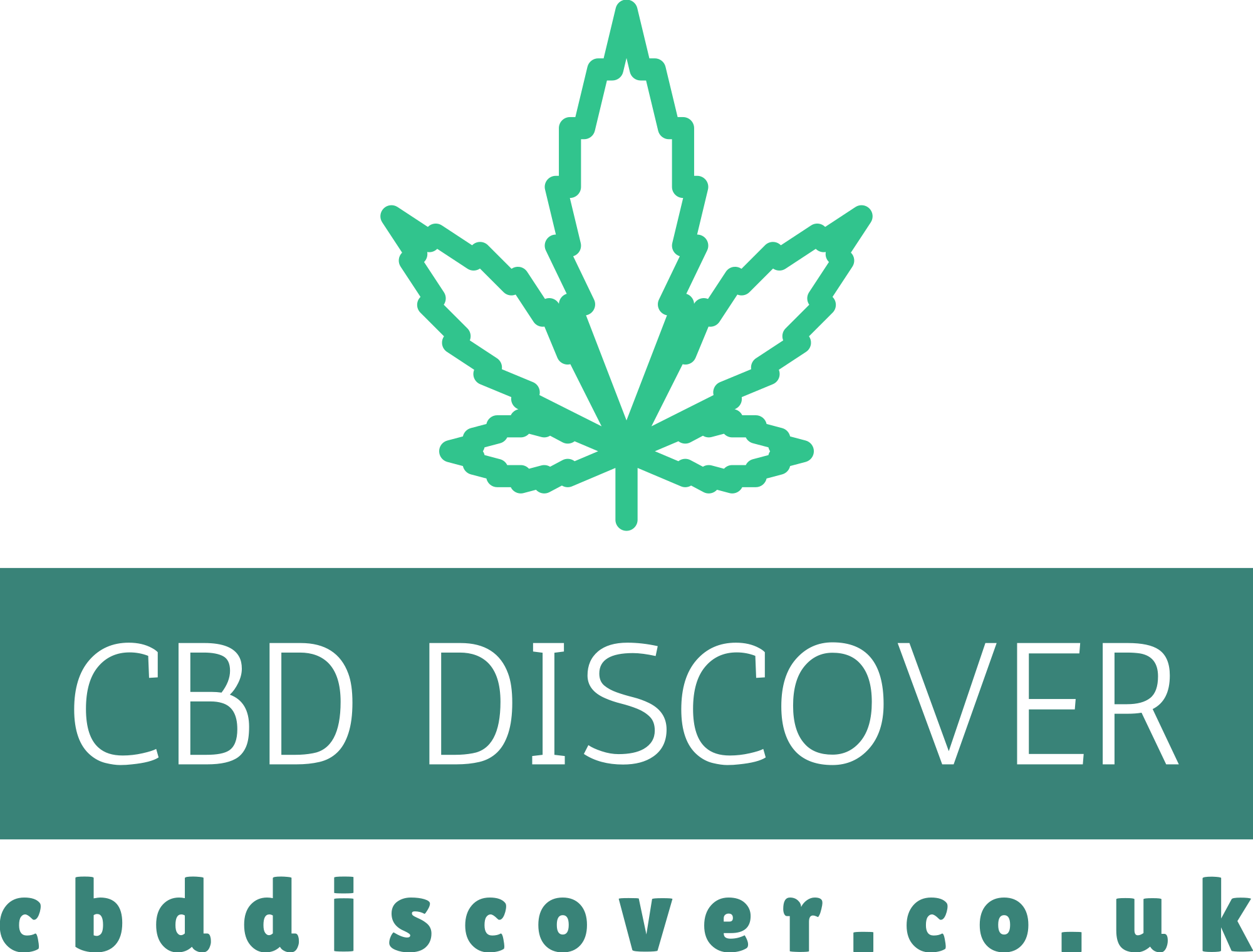Get a Dermal Filler Consultation with Dr. Laura Geige at It’s Me and You Clinic
Facial Muscle Action
Orbicularis Oris
The wrinkling of your chin when you pout is a result of the coordinated action of several facial muscles, most notably the orbicularis oris.
The orbicularis oris is a ring-shaped muscle that surrounds the mouth. It plays a crucial role in various facial expressions, including smiling, kissing, whistling, and yes, pouting.
When you pout, you contract the orbicularis oris muscle around your lips, pulling them inward and downward. This contraction creates tension across the muscle fibers, causing wrinkles to appear on the skin above and below the mouth.
Specifically, the chin wrinkles you experience during a pout are caused by the action of the mentalis muscle.
This small muscle located beneath the lower lip works in conjunction with the orbicularis oris to pull down the corners of the mouth and elevate the chin slightly. The combined effort creates those characteristic “pouty” folds.
The severity of these wrinkles can vary depending on factors like genetics, age, skin elasticity, and the strength of your facial muscles.
Schedule Your Dermal Filler Consultation with Dr. Laura Geige Today
Depressor Labii Inferioris
When you pout, the skin around your mouth wrinkles due to the contraction of specific facial muscles. One of the key muscles responsible for this wrinkle formation is the *Depressor Labii Inferioris*.
The Depressor Labii Inferioris is a muscle located in the lower jaw. Its primary function is to pull the lower lip downwards, contributing to expressions like frowning, pouting, and sadness.
Here’s a breakdown of its action:
- When the Depressor Labii Inferioris contracts, it pulls the *corners of your mouth downwards*. This creates the characteristic downturned appearance associated with pouting.
- The downward pull of this muscle also causes the skin around your lower lip to wrinkle.
The wrinkles you see when you pout are not just superficial skin creases. They involve a combination of:
- *Muscle Contractions:* The Depressor Labii Inferioris, along with other muscles like the *Depressor Anguli Oris* (which pulls the corners of the mouth down) and the *Orbicularis Oris* (which surrounds the mouth), all contribute to the pouting expression.
- *Skin Elasticity:* The skin’s ability to stretch and return to its original shape plays a role in wrinkle formation. With repeated contractions, these muscles can leave temporary indentations in the skin.
As we age, our skin naturally becomes less elastic. This means that wrinkles, even those caused by facial expressions like pouting, tend to become more pronounced and longer lasting.
Skin Elasticity
Collagen and Elastin
Skin elasticity refers to its ability to stretch and return to its original shape. This crucial property is primarily attributed to two key proteins found in the dermis, the middle layer of our skin: **collagen** and **elastin**.
***Collagen*** is the most abundant protein in the body and forms a strong, fibrous network that provides structural support to the skin. Think of it as the scaffold upon which the skin’s framework is built. It gives the skin its firmness and resilience.
***Elastin***, on the other hand, possesses unique rubber-like properties. It allows the skin to stretch when pulled or stretched and then recoil back to its original size. Imagine a rubber band – that’s elastin in action!
As we age, both collagen and elastin production naturally decline. This decrease results in thinner, less resilient skin, making it more susceptible to wrinkles and sagging.
When you pout, the muscles around your mouth contract, stretching the skin on your chin. In younger individuals with healthy collagen and elastin levels, this stretch is temporary, and the skin quickly snaps back into place.
Secure a Dermal Filler Appointment with Dr. Laura Geige Today
However, as our skin ages and loses its elasticity, those stretched fibers may not recoil fully, leading to a visible wrinkle that remains even after you stop pouting.
Aging Effects
Skin elasticity refers to the skin’s ability to stretch and return to its original shape. This resilience is largely due to a network of proteins called collagen and elastin found in the dermis, the middle layer of skin.
Collagen provides strength and structure, while elastin grants elasticity, allowing the skin to bounce back after stretching or compression. Over time, these proteins naturally degrade as part of the aging process.
This degradation leads to a decline in skin elasticity, making the skin thinner, drier, and more prone to wrinkling. The breakdown of collagen and elastin is accelerated by several factors, including sun exposure, smoking, and genetics.
When you pouting, the muscles in your face contract to create the expression. This repeated flexing can contribute to the formation of wrinkles, particularly on areas like the chin, forehead, and around the mouth.

Imagine a well-stretched rubber band; over time, it loses its ability to snap back as readily. Similarly, repeated contractions of facial muscles weaken the skin’s elasticity, making those wrinkle lines more prominent.
While genetics play a role, lifestyle choices can significantly influence skin elasticity. Protecting your skin from UV damage with sunscreen, quitting smoking, and maintaining a healthy diet rich in antioxidants can help slow down collagen and elastin breakdown, preserving skin elasticity for longer.
Other Contributing Factors

Genetics
While facial expressions are primarily controlled by muscles, a number of other factors can influence their appearance and how prominently they show up, including:
*Genetics: Your genetic makeup plays a significant role in determining the structure of your face, including the shape of your jawline, the position of your muscles, and the thickness and elasticity of your skin. This can influence how deeply wrinkles form around your mouth when you pout.
* **Skin Type:** People with thinner or less elastic skin may be more prone to wrinkle formation, even with minimal movement. Conversely, those with thicker, more resilient skin might experience less pronounced wrinkling.
* **Sun Exposure:** Ultraviolet (UV) radiation from the sun breaks down collagen and elastin fibers in the skin, leading to premature aging and wrinkles.
* **Smoking:** Smoking constricts blood vessels, reducing blood flow to the skin and hindering its ability to repair itself. It also damages collagen and elastin, accelerating wrinkle formation.
* **Lifestyle Factors:** Factors like diet, hydration, and stress management can impact skin health and elasticity. A healthy lifestyle can help maintain youthful-looking skin.
Understanding how these various factors interact can provide insights into why some people develop pronounced wrinkles around their mouths when they pout while others don’t.
Sun Exposure
While repeatedly puckering your lips to make a pout can certainly contribute to wrinkles around the chin, other factors play a significant role in this facial aging process.
Sun Exposure is a major culprit. Ultraviolet (UV) rays from the sun break down collagen and elastin, the proteins responsible for skin’s firmness and elasticity.
Over time, this breakdown leads to wrinkles, sagging, and age spots.
Consistent exposure to the sun, even on cloudy days, can accelerate the aging process.
Therefore, protecting your skin from the sun with sunscreen (SPF 30 or higher), wearing a wide-brimmed hat, and seeking shade is crucial for preventing premature wrinkles around the chin and elsewhere.
Genetics also influences how our skin ages.
Some individuals are genetically predisposed to having thinner skin, less collagen, and a slower skin cell turnover rate. These factors can make them more susceptible to wrinkles, even with proper sun protection.
Lifestyle choices, such as smoking and excessive alcohol consumption, can also contribute to premature aging.
Smoking damages blood vessels, reducing blood flow to the skin and hindering collagen production.
Alcohol dehydrates the skin, making it more prone to wrinkles.
Maintaining a healthy diet rich in antioxidants and vitamins C and E can help protect your skin from damage and promote collagen synthesis.
Raindrops and Ribbons Madison Art Therapy The First Come First Served Tableau Consulting LLC Lace and Scotch
- Why CBD Gummies Are Becoming A Popular Choice For Stress Relief - November 8, 2025
- What Is The Best Injection For Saggy Neck? - November 6, 2025
- Understanding Relational Dynamics In Non-monogamous Relationships And How To Thrive - October 31, 2025

